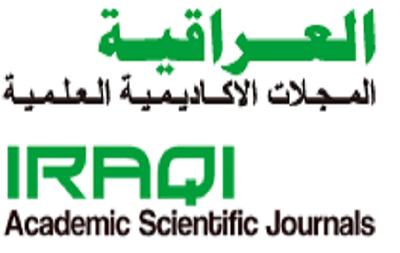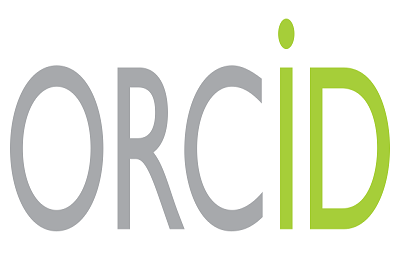Constructing a scale of positive personality among students of physical education and sports sciences at the University of Maysan
Main Article Content
Abstract
The study aimed to build a positive personality scale and measure some variables among physical education and sports science students at Maysan University. The researchers used the descriptive approach using the survey method to build a positive personality scale to know the reality of physical education and sports science students at Maysan University. The research sample was physical education and sports science students at Maysan University for the academic year 2023-2024. The researchers concluded that physical education and sports science students at Maysan University enjoy a level of positive personality. The researchers also recommended developing guidance programs according to the moral intelligence of physical education students to make them positive people characterized by optimism, self-confidence, courage, etc. of positive personality variables.
Article Details

This work is licensed under a Creative Commons Attribution-NonCommercial 4.0 International License.
References
Al-Absi, M., Abbas, M., Nofal, M., & Abu Awad, F. (2011). Introduction to research methods in education and psychology. 3rd Ed., Dar Al Masirah, Amman, Jordan.
Al-Dhafri, S. bin S., & Al-Jahouri, F. bint S. (2018). The relationship between academic self-efficacy and psychological adjustment among students in grades (7-12) in the Sultanate of Oman. Journal of Educational & Psychological Studies/Magallat Al-Dirasat Al-Tarbawiyyat Wa-Al-Bafsiyyat, 12(1).
Al-Jadaan, A. N. (2021). An analytical study of the levels of psychological compatibility in premier-class handball players. Turkish Journal of Physiotherapy and Rehabilitation, 32(3), 16632–16641.
Allawi, M. H., & Rateb, O. K. (1999). Scientific research in physical education and sports psychology (p. 217). Dar Al-Fikr Al-Arabi.
Farahat, L. A.-S. (2001). Mathematical Cognitive Measurement (p. 19). Al-Kitab Publishing Center.
Hamed, N., & Ahmed, A. (2023). Perceived Self-Efficacy and Its Relationship to Dexterous Thinking Among Third-Stage Female Students in the College of Physical Education and Sports Sciences-University of Basra Journal of Studies and Researches of Sport Education. Journal of Studies and Researches of Sport Education, 33(1), 2023. https://doi.org/10.55998/jsrse.v33i1.376©Authors
Hammad, S. H. (2022). The effect of cognitive exercises with educational technology in developing the ability to shift attention and performing counterattack skills in fencing. University of Anbar Sport and Physical Education Science Journal, 5(25).
Manal, A. J. (2006). Ethics of the teaching profession in light of future challenges, Saudi Society for Educational and Psychological Sciences. King Saud University, Riyadh, for the Thirteenth Annual Meeting, 432.
Mashkoor, N., Saber, A., & Falhi, H. (2021). An analytical study of the level of information sharing between members of the administrative bodies of clubs and athletics federations. Journal of Physical Education Studies and Research.
Masoud, A. R., & Shabib, S. S. (2024). Evaluating the level of some psychological traits among women practicing sports activities. Journal of Studies and Researches of Sport Education, 34(2). https://doi.org/DOI:https://doi.org/10.55998/jsrse.v34i2.512
Salah El-Din, M. A. (2000). Educational and Psychological Measurement and Evaluation (Its Basics, Applications, and Contemporary Trends) (p. 186). Dar Al-Fikr Al-Arabi.
Shawqi, T. (2002). Social and Communication Skills, Psychological Study and Research (p. 4). Dar Gharib.
Tahya, A. A. A., & Mustafa, A. R. (2013). Enjoying life in its relationship with some positive personality variables, a study in positive psychology. Benha University, Journal of the Faculty of Education, 93(2), 79.





 IASJ
IASJ CC-BY-4.0
CC-BY-4.0 turnitin
turnitin ISSN
ISSN DOAJ
DOAJ Crossref
Crossref GoogleScholar
GoogleScholar Orcid
Orcid